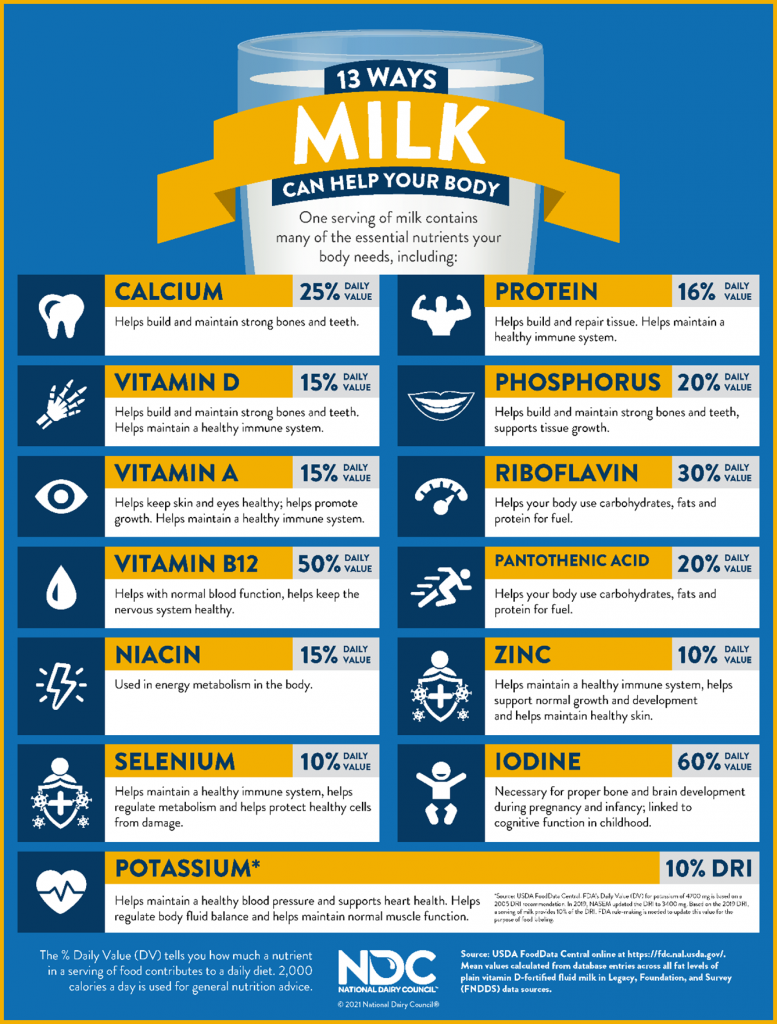Earth Day is just a few days away. And while it’s nice to have a day set aside to remember how everyone needs to care for, protect and, in some cases, restore our planet, please forgive dairy farmers if you don’t see much of a pause on Thursday.
That’s in part because dairy never stops. Dairy farmers produce a perishable product harvested around the clock, every day of the year. It’s also because dairy’s leadership in sustainable agriculture also happens every day. Promoting soil health, optimizing water use, improving water quality, and more, ensures dairy farmers can keep farming for generations to come.
Dairy farming is an inherently renewable cycle. Cows eat crops and byproducts that humans can’t digest. They produce milk that nourishes people. And their manure provides nutrients to grow crops, which starts the cycle again. Dairy-farm livelihoods depend on healthy, vibrant ecosystems – and well-operated dairies of any size, in any region, enhance the ecosystems that surround them.
This is becoming even more true thanks to continued improvements in farming practices, as methods and technologies evolve and science better understands what works best. Dairy farms nationwide are adopting conservation tillage, diversifying their crop rotations, and cultivating cover crops to improve soil health. They’re adding precision feed management that improves cow health and achieves production efficiencies. And they’re innovating with manure management technologies that produce energy and reduce impacts on air and water quality.
All this, and more, helped reduce the amount of water required to produce a gallon of milk in 2017 by 30 percent compared to a decade earlier. That gallon also required 21 percent less land and a 19 percent smaller carbon footprint over the same period. That’s equivalent to the amount of carbon dioxide removed from the atmosphere by half a million acres of U.S. forest, or eliminating the average water consumption of approximately 29 million U.S. households. Since 2005, North America, where U.S. production dominates, has been the only region in the world that’s increased milk production while also reducing absolute emissions, according to the UN Food and Agriculture Organization.
On-farm sustainability reverberates across the dairy supply chain, forging a path toward ambitious industrywide goals.
- The Net Zero Initiative, launched last year by the Innovation Center for U.S. Dairy, will help U.S. dairy farms of all sizes and geographies implement new technologies and adopt economically viable practices in feed production, cow care, energy efficiency and manure management, making progress toward greenhouse-gas emission reductions and improving water quality and quantity as well as farmer livelihoods.
- In tandem, the U.S. Dairy Stewardship Commitment is a social responsibility pledge through which the U.S. dairy community demonstrates progress in areas including animal care, environmental stewardship, food safety and traceability, and contributions to communities. As of last December, 32 dairy companies representing 74 percent of the nation’s milk production voluntarily adopted the commitment, contributing to U.S. dairy’s ability to track, aggregate and report on progress.
Key to that tracking: The National Dairy FARM (Farmers Assuring Responsible Management) Program, which launched FARM Environmental Stewardship in 2017. This program provides dairy farmers, their cooperatives, and processors with a streamlined, single source for conducting voluntary on-farm environmental assessments and communicating progress. Today, 78 percent of the domestic U.S. milk supply comes from dairy cooperatives and processors who participate in the program.
Despite differences in geography, technology, and management style, dairy farmers are unified by a core concept: care for the planet that sustains them and their customers. In tangible, measurable ways, dairy farmers have much to celebrate on Earth Day.
Just don’t expect them to take a lot of time commemorating. There’s too much leading to do.






